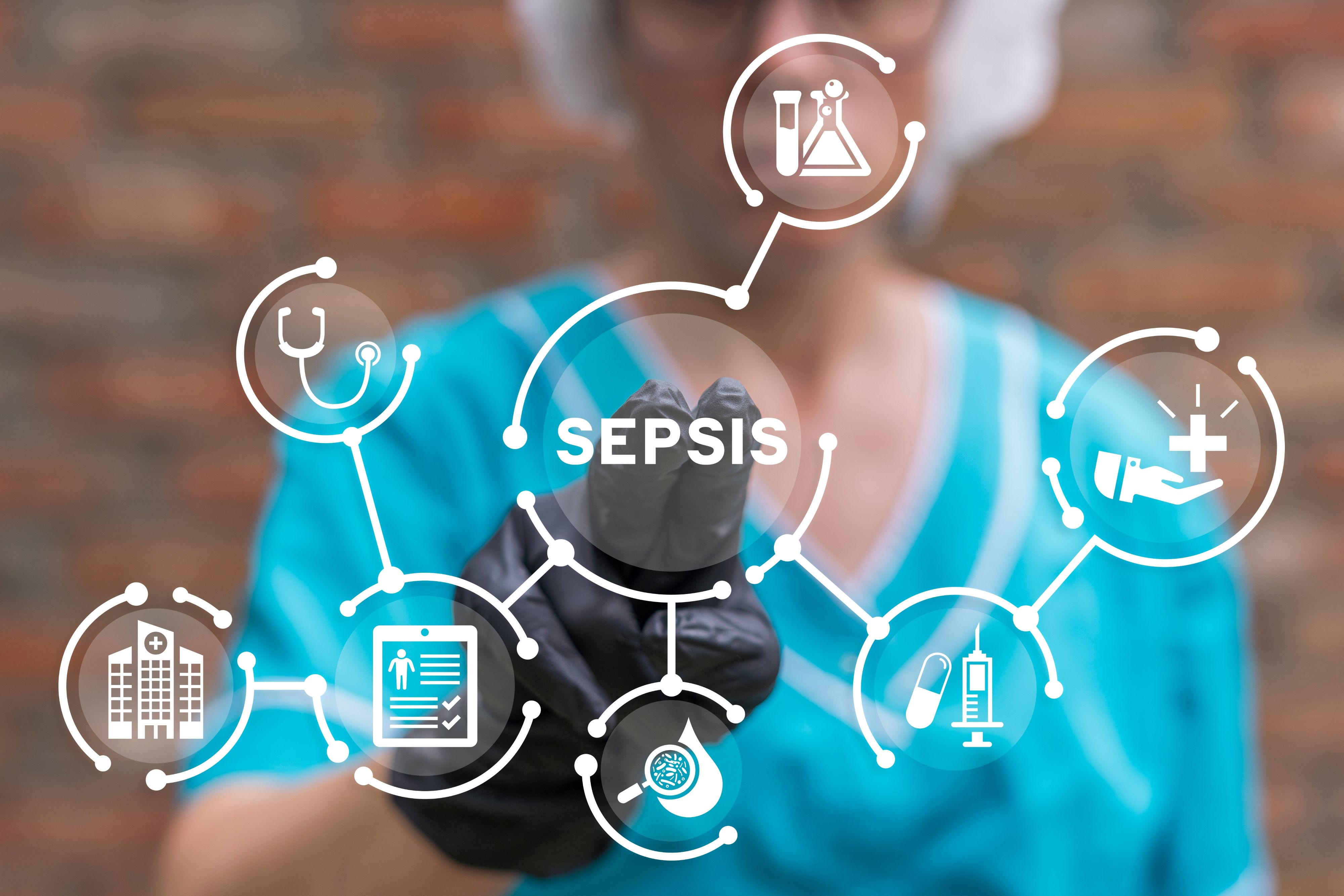Sepsis Awarness Month: Beth’s Experience

Sepsis doesn’t discriminate. It kills five people every hour in the UK alone.
More than breast, bowel, and prostate cancer combined. Yet most people still don’t know what it is, or how fast it strikes.
Sepsis is the body’s catastrophic reaction to infection. It can begin with something as minor as a scratch, a UTI, or the flu. It doesn’t care if you’re young or old, fit or fragile. It can happen to anyone.
What if that someone was you?
My name is Beth, and this is the story of how sepsis changed my life forever.
On Christmas Day 2022, I was rushed to Basingstoke A&E after experiencing excruciating pain and vomiting blue liquid. I was diagnosed with flu, pneumonia and strep A, resulting in sepsis. By Boxing Day, it had escalated to septic shock. My organs failed. I was placed in an induced coma. My family was told to come and say goodbye.
I was given a 5% chance of survival.
One of my doctors suggested a last-ditch option: an ECMO machine, an advanced life-support system that oxygenates the blood outside the body. There were only three available in the South of England. I got the last one. I was blue-lighted from Basingstoke to Guy’s & St Thomas’.
I spent two months in ICU. Shortly after finally becoming conscious, I learned that while the ECMO machine had saved my life, it had also caused severe necrosis. I would lose both legs below the knee and possibly my hands.
On 10th February 2023, I underwent lower limb amputation at Southampton Hospital. I remember thanking my legs for their years of service and bracing myself for the road ahead.
I was transferred to Winchester, stuck on a general surgical ward where patients came and went. I was travelling to Portsmouth three times a week for dialysis, waiting for hand surgery. I was just existing, unable to do anything for myself, counting the hours until visitors arrived, and was devastated each time they left.
In April, I had the majority of all of my fingers and thumb removed from my right hand, and all fingertips from my left.
I began inpatient rehabilitation in June at Queen Mary’s Hospital in Roehampton, learning to walk again with prosthetic legs.
By July 2023, after nearly eight months and eight hospitals, I was finally discharged.
Since then, I’ve rebuilt my life. I’ve snorkelled with turtles and sharks. I’ve zip-wired, abseiled, tried archery and canoeing. I’ve returned to full-time work and was thrilled to join the team at UK Connect as Head of Client Services. I’ve kept the promise I made to myself: to raise awareness and to help generate donations for research into sepsis.
I’ve shared my story in newspapers, magazines, on the radio and TV. I was interviewed by Tony Blackburn for BBC Morning Live. That led to an invitation to interview for the position of Trustee for Sepsis Research FEAT, the only UK charity dedicated to funding sepsis research. I proudly joined the board in March 2024.
But this isn’t just my story. It’s one of thousands. Sepsis steals lives every day. The only way to stop it is through research.
Please, take a moment to learn the signs of sepsis. They differ between adults and children.
I am one of the lucky ones. I survived. So many don’t. If you can, please consider donating to Sepsis Research FEAT. Your future may thank you. It could save your life, or the life of someone you love.
Sepsis Research FEAT – Learn more and donate
Beth Budgen
Head of Client Services, UK Connect
-
5
Sepsis kills five people every hour in the UK alone.
"But this isn’t just my story. It’s one of thousands. Sepsis steals lives every day. The only way to stop it is through research."



